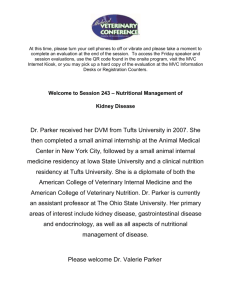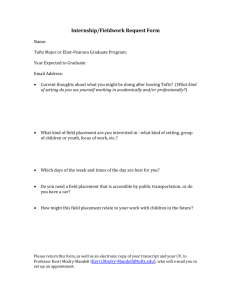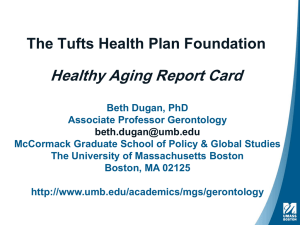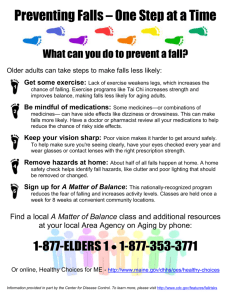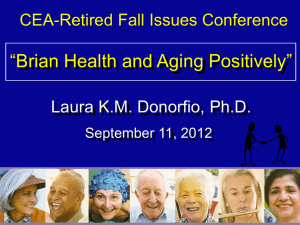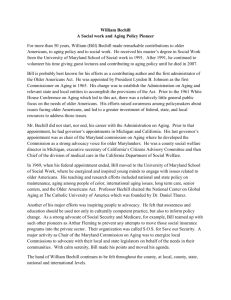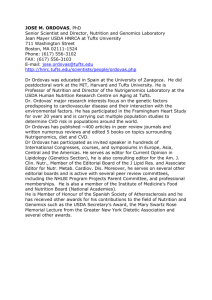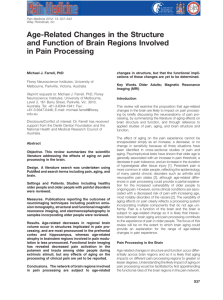BRIEF CURRICULUM VITAE Name: MOHSEN MEYDANI, DVM
advertisement
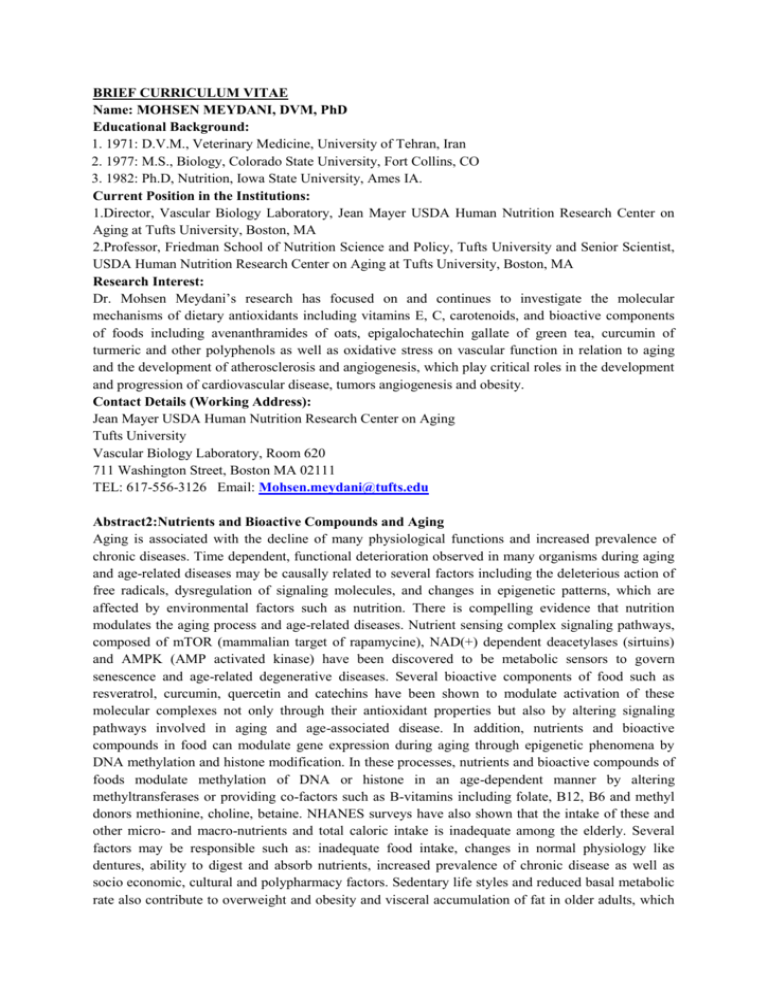
BRIEF CURRICULUM VITAE Name: MOHSEN MEYDANI, DVM, PhD Educational Background: 1. 1971: D.V.M., Veterinary Medicine, University of Tehran, Iran 2. 1977: M.S., Biology, Colorado State University, Fort Collins, CO 3. 1982: Ph.D, Nutrition, Iowa State University, Ames IA. Current Position in the Institutions: 1.Director, Vascular Biology Laboratory, Jean Mayer USDA Human Nutrition Research Center on Aging at Tufts University, Boston, MA 2.Professor, Friedman School of Nutrition Science and Policy, Tufts University and Senior Scientist, USDA Human Nutrition Research Center on Aging at Tufts University, Boston, MA Research Interest: Dr. Mohsen Meydani’s research has focused on and continues to investigate the molecular mechanisms of dietary antioxidants including vitamins E, C, carotenoids, and bioactive components of foods including avenanthramides of oats, epigalochatechin gallate of green tea, curcumin of turmeric and other polyphenols as well as oxidative stress on vascular function in relation to aging and the development of atherosclerosis and angiogenesis, which play critical roles in the development and progression of cardiovascular disease, tumors angiogenesis and obesity. Contact Details (Working Address): Jean Mayer USDA Human Nutrition Research Center on Aging Tufts University Vascular Biology Laboratory, Room 620 711 Washington Street, Boston MA 02111 TEL: 617-556-3126 Email: Mohsen.meydani@tufts.edu Abstract2:Nutrients and Bioactive Compounds and Aging Aging is associated with the decline of many physiological functions and increased prevalence of chronic diseases. Time dependent, functional deterioration observed in many organisms during aging and age-related diseases may be causally related to several factors including the deleterious action of free radicals, dysregulation of signaling molecules, and changes in epigenetic patterns, which are affected by environmental factors such as nutrition. There is compelling evidence that nutrition modulates the aging process and age-related diseases. Nutrient sensing complex signaling pathways, composed of mTOR (mammalian target of rapamycine), NAD(+) dependent deacetylases (sirtuins) and AMPK (AMP activated kinase) have been discovered to be metabolic sensors to govern senescence and age-related degenerative diseases. Several bioactive components of food such as resveratrol, curcumin, quercetin and catechins have been shown to modulate activation of these molecular complexes not only through their antioxidant properties but also by altering signaling pathways involved in aging and age-associated disease. In addition, nutrients and bioactive compounds in food can modulate gene expression during aging through epigenetic phenomena by DNA methylation and histone modification. In these processes, nutrients and bioactive compounds of foods modulate methylation of DNA or histone in an age-dependent manner by altering methyltransferases or providing co-factors such as B-vitamins including folate, B12, B6 and methyl donors methionine, choline, betaine. NHANES surveys have also shown that the intake of these and other micro- and macro-nutrients and total caloric intake is inadequate among the elderly. Several factors may be responsible such as: inadequate food intake, changes in normal physiology like dentures, ability to digest and absorb nutrients, increased prevalence of chronic disease as well as socio economic, cultural and polypharmacy factors. Sedentary life styles and reduced basal metabolic rate also contribute to overweight and obesity and visceral accumulation of fat in older adults, which is associated with chronic inflammation, and are well-established causes of several diseases including type II diabetes, atherosclerosis, hypertension thrombosis and other age-associated diseases. To prevent these pathophysiological conditions and add life to the years, adopting a balanced healthy diet (My Plate For Older Adults: http://now.tufts.edu/articles/eat-well-age-well) comprised of generous amount of fruits, vegetables and whole grains is the current general recommendation to the elderly along with regular physical activity and several glasses of water every day. Supported by USDA Agriculture Research Service contract #58-1950-0-014.
